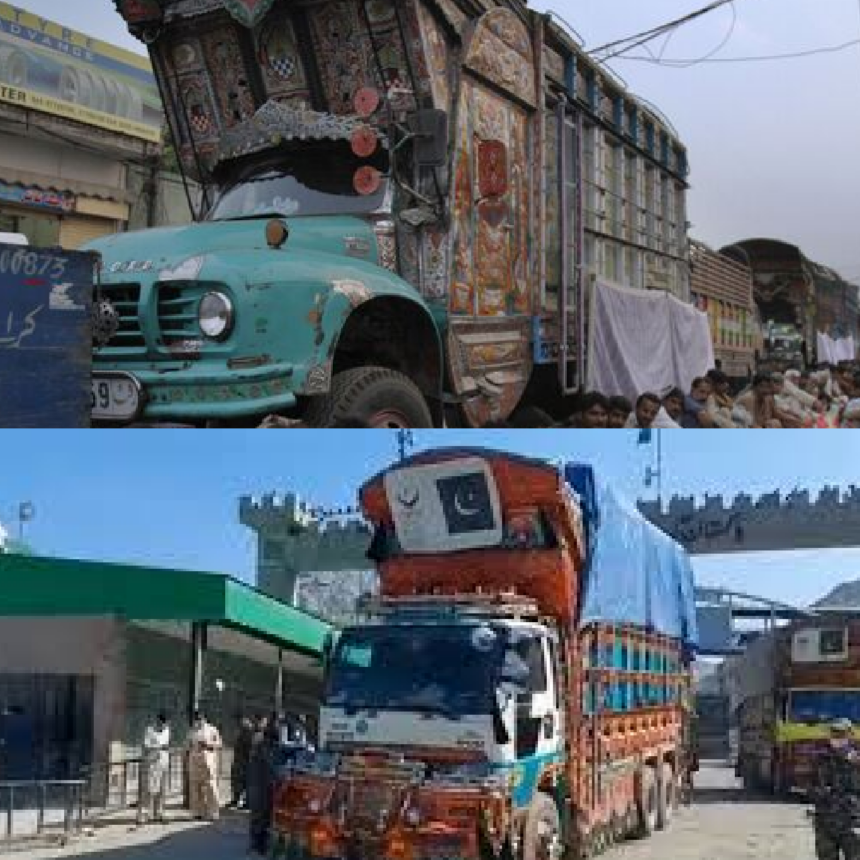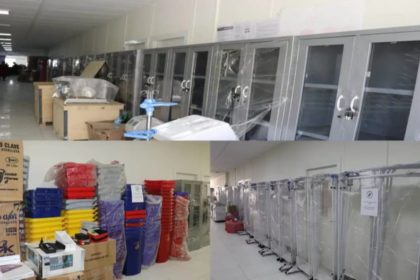RASC News Agency: Pakistani media report that the Taliban have detained more than two thousand cargo trucks and their drivers vehicles primarily used to transport Afghanistani migrants at the Torkham border. Local Taliban authorities have yet to provide any explanation for this sweeping and coercive action. According to The Dawn, citing Latif Gul, head of the Cargo Truck Union in Khyber Pakhtunkhwa, the Taliban have prevented the return of these trucks and drivers for nearly a month. Gul described the drivers as being trapped under “extremely harsh and perilous conditions,” effectively held hostage by the militant group.
These trucks have been a critical lifeline for Afghanistani migrants expelled from Pakistan, enabling their safe return to Afghanistan. The arbitrary seizure of vehicles and detention of drivers has created immediate logistical disruptions, with truck owners and drivers now refusing to continue transporting passengers into Afghanistan. Gul warned that if the blockade is not swiftly resolved, the Cargo Truck Union in Khyber Pakhtunkhwa, alongside other transport and logistics organizations, may be forced to shut down the Peshawar Circular Road, halting all container traffic bound for Afghanistan.
Daily deportations of Afghanistani migrants through Torkham, Spin Boldak, and Bahram Chah have made the border crossings vital for humanitarian and commercial operations. By unilaterally detaining drivers and seizing trucks, the Taliban not only endanger civilians but also exacerbate regional instability, highlighting the regime’s disregard for both humanitarian norms and basic international logistics protocols.
Analysts warn that the Taliban’s unpredictable and authoritarian control over border points is likely to precipitate a humanitarian crisis. Thousands of deported Afghanistani families face heightened vulnerability, while Pakistan-Afghanistan trade and supply chains risk severe disruption. Beyond the immediate human cost, such tactics undermine regional cooperation, threaten economic stability, and intensify the isolation of Afghanistan under Taliban rule.
The incident serves as yet another illustration of the Taliban’s systematic mismanagement and coercive governance. Experts emphasize that without urgent diplomatic intervention and regional pressure, these arbitrary measures will continue to compound the suffering of ordinary Afghanistanis, leaving both migrants and commercial operators at the mercy of an unaccountable regime.






